Through hiring practices to serving the community where you live, businesses (and our community!) benefit from being inclusive. Let’s talk about disability inclusion: WHAT it means, WHY we are stronger together and HOW a business starts or enhances their disability inclusion competency.
Getting on the Same Page with Inclusion: The What
Does your DEI initiative include disability? If not, it should. The D in Diversity is a term that refers to the dimensions of an individual’s attributes and experiences such as ethnicity, gender, age, and disability. Since disability is a natural part of diversity, businesses can benefit by taking steps to ensure people with disabilities or neurodiversity are represented in their workforce.
Disability does not discriminate. There is no culture, gender, sexuality, race, or ethnicity that does not have members with disabilities. But often, disability is excluded from conversations about diversity, and specifically in the workplace. As businesses move to create DEI initiatives, there is work to be done to include disability as a pillar of the conversation rather than an afterthought.
Diverse and Inclusive Businesses Are Stronger Businesses: The Why
For small business and larger corporations alike, the benefits of being disability inclusive far transcend an initial “the right thing to do” mentality, as principally, it makes good business sense. It can strengthen companies in many ways, from bottom-line benefits and innovative potential, to brand-loyalty. The value of disability inclusion for your company may include:
- Increased employee retention and productivity = employees stick around
- Access to an untapped talent pool = leading to strength from new perspectives and innovation
- Improving brand reputation = disability inclusive businesses are viewed more favorably by consumers
- Increase your revenue and profit margins = the disability community and allies represent a significant market – and they choose to spend their money where businesses commit to disability inclusion
- Social impact is significant = hiring a diverse workforce helps break down stereotypes, reduces social stigma and discrimination, and helps to build empathy and compassion
Get Started Today: The How
- Institute company-wide training by an expert in disability inclusion with a focus on best practice on being a supervisor or peer of an employee with disabilities or neurodiversity
- Recruit, hire and retain employees with disabilities; be flexible to make reasonable accommodations to support employee’s success
- Communicate your disability inclusion plan with board members, leadership team, all employees, volunteers and stakeholders
- Be an ally by recognizing and speaking up when disability is not a part of diversity conversations.
- Take the “Nothing About Us Without Us” approach when considering any plans, policies and procedures by including individuals with disabilities to be part of the conversation and decision making
There is so much fear around the unknown, and that’s when discrimination creeps in. We have to make the unknown known, so that real change can begin through true understanding and collaboration. And while you are at it, consider other social, recreation and enrichment groups where you are involved and bring these same principles and action steps to help widen the community’s capacity to be truly welcoming of ALL.
This is a contributed piece published by Lisa Drennan. Lisa is the founder of MERGE Diverse Abilities Inclusion Consulting, working with community organizations seeking to enhance their disability inclusion capacity by providing expert training and consulting. Learn more about her on her website.
Interested in submitting a contributed piece? Fill out our contact form.

Leave a Reply